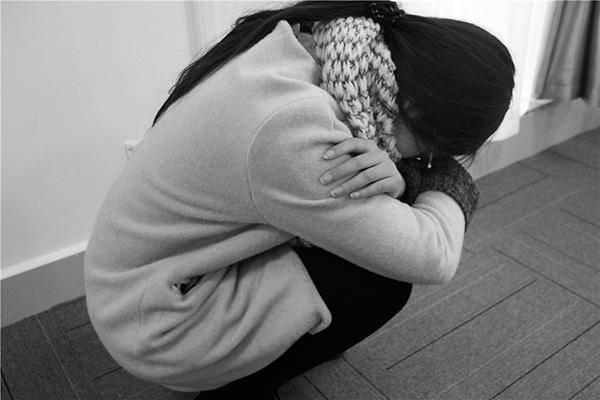Looking back twenty years, when we all talked about depression, it was often a self-deprecating mood, and not many people would consider depression as a real illness, nor realize how “tormenting” it can be. But now, an increasing number of real examples make us aware that depression is indeed real, and its “claws” have silently reached many individuals. Feeling down is not the same as having depression; occasional feelings of sadness are common, often stemming from temporary difficulties that can be resolved with time. However, depression is different; it belongs to emotional disorders, a sickness of the mind. Many confuse feelings of sadness with depression. So, how can one determine if they have depression? Here are some common signs of depression, and if more than half apply to you, it may not just be feelings of sadness but actual depression.
What are the signs of depression?
Long periods of low mood, unable to find joy
When suffering from depression, the emotional manifestations are very apparent, often characterized by long periods of feeling low. Despite continuing with daily activities like eating, working, and studying as usual, there is a significant emotional shift. Previously, enjoying good food would lift spirits, but now, joy remains elusive, and the mood stays low. Even engaging in activities once loved fails to bring happiness. While appearing calm on the surface, internally, there may be silent tears.
Self-blame and self-deprecation are common
There’s a saying that individuals with depression are often very kind-hearted, despite their own struggles, they tend to blame themselves for not being able to find joy, wondering why they have changed, why they can’t control their emotions. They feel inadequate, especially towards their parents, perceiving their existence as unnecessary. When faced with challenges like exams, while most people may feel upset if they don’t perform well, they would strive to do better next time. However, those with depression often criticize themselves as worthless, unable to do anything right, blame themselves for underperforming, feeling remorseful towards teachers and parents.
Becoming “indolent”
Depression can lead to both physical and emotional apathy, making individuals feel reluctant to maintain personal hygiene, skip brushing teeth, bathing, appearing disheveled, feeling inexplicably tired, simply wanting to zone out and do nothing. Emotionally, there’s a sense of apathy, with numerous thoughts arising but no energy to engage with them, craving emptiness and becoming mentally sluggish.
Yearning for understanding but fearing judgment, leading to social barriers
Those with depression genuinely want to overcome it; when they realize their persistent low moods, they seek help from others, hoping for understanding and support to navigate through it. However, sharing their struggles often leads to dismissal or being labeled as overly dramatic, fostering a fear of judgment. As a result, they may adopt a façade of nonchalance in front of others. Over time, they may start avoiding social interactions out of fear or discomfort, resulting in social barriers and a reluctance to engage with others.
Decline in cognitive abilities
Depression not only impacts emotions but also cognitive functions, making it challenging for the brain to produce dopamine. Alongside emotional changes, individuals may experience cognitive decline, such as significant memory loss, slowed responses, reduced linguistic abilities, difficulty in learning and performing tasks, likened to the brain rusting, turning into a mushy state.
Physical discomforts emerge
Depression doesn’t just affect emotions but also manifests physical discomforts like constant fatigue, inexplicable bodily pains, nausea, sweating, disrupted sleep patterns like insomnia or excessive sleep, fluctuating appetite changes ranging from loss of appetite to binge eating. In women, depression can lead to menstrual irregularities.
If many of the above signs persist for an extended period, it’s highly likely to be depression, not a cry for attention. Seeking timely medical consultation is crucial to prevent worsening conditions. However, if the symptoms are short-lived and stem from specific triggers, self-soothing without causing unnecessary alarm can help improve moods promptly.
When supporting someone with depression, showing genuine kindness is essential; they are already struggling, offering them respect and warmth can profoundly benefit their well-being.


